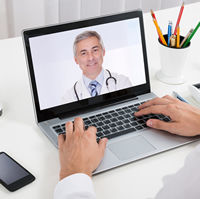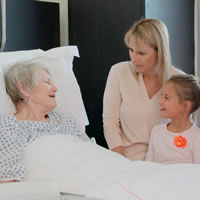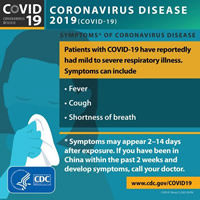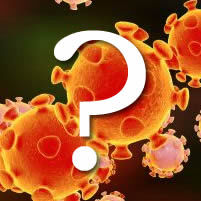COVID-19 Signs and Symptoms
If you have a fever or cough, you might have COVID-19. Most people have mild illness and are able to recover at home. Keep track of your symptoms. If you are in need of medical attention that is not emergent, call ahead to let staff know of your symptoms so that they may properly and safely assist you. Call (478) 783-CARE / (478) 783-2273 to speak with a Taylor Regional healthcare professional about your symptoms and for direction if testing is required.





